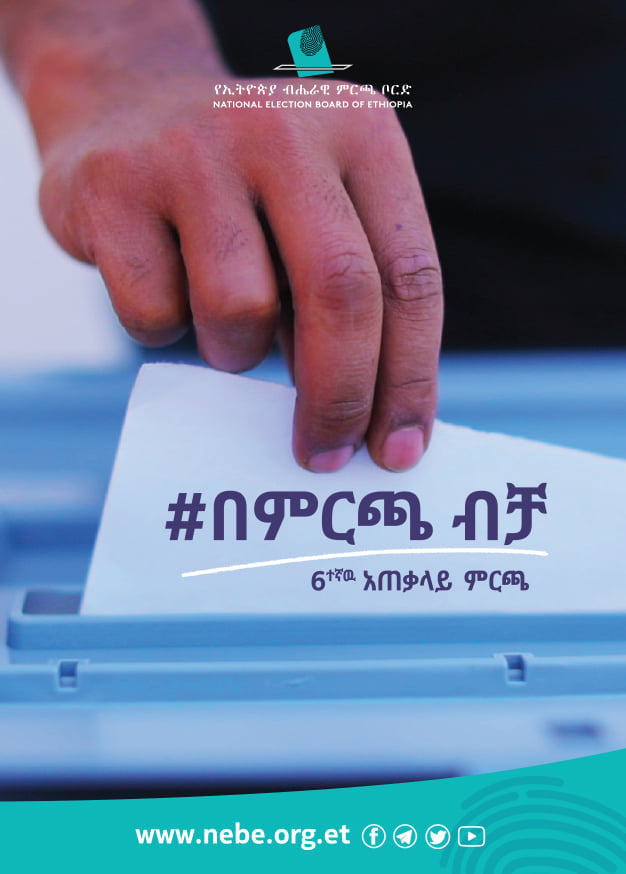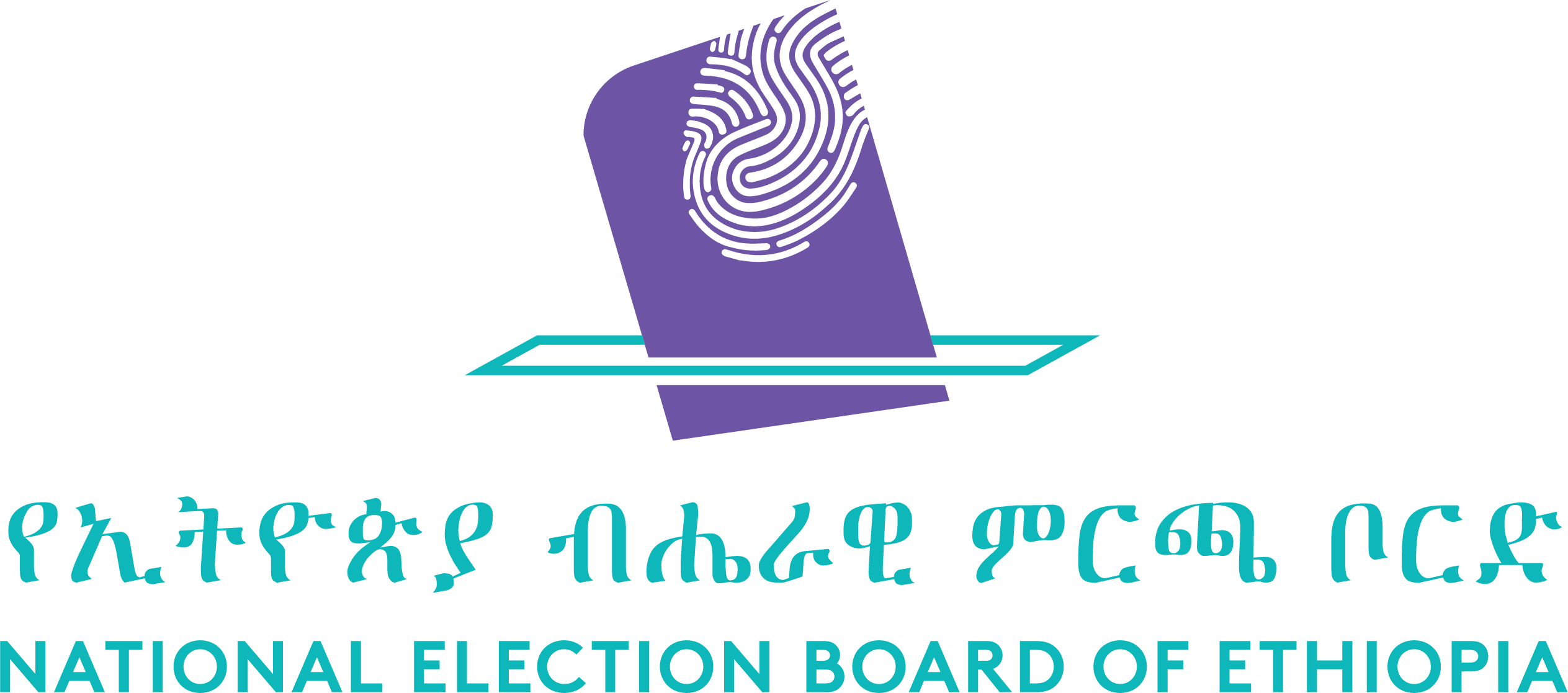The National Election Board of Ethiopia (NEBE) held a discussion with political parties on the process and implementation of voter registration
The National Election Board of Ethiopia (NEBE) held a discussion with political parties on the process and implementation of voter registration, general operations activities as well as upcoming events.
On May 15, 2021, the National Election Board of Ethiopia (NEBE) held a discussion with political parties on the process and implementation of voter registration, general operations processes, and upcoming election activities, with media in attendance. The discussion forum, which was officially opened by the Chairperson of the Board Birtukan Mideksa, highlighted the courses of action, challenges, and solutions offered during the printing of ballot papers, logistics, voter registration process, and other issues.
Challenges during material distribution, delays in the opening of polling stations in some areas, and opening for sub-stations with the support of city administrators (even though it was not easy to find office spaces at the desired speed) were presented. The Board's Chief Executive Officer, Melatwork Hailu, presented the causes and actions taken by the Board regarding delays in payments to polling station officers. The gaps and steps taken in relation to voter registration in condominium areas were explained by a staff member of the Operations Unit.
Participants appreciated the Board's detailed findings and solutions provided. However, they also mentioned that until now their candidates continue to experience harassment and intimidation by lower-level government administrations in polling station areas by citing the names of the polling stations.
The Chairperson responded to the South West Referendum, the study presented by Balderas for True Democracy and other questions. Although the Chairperson expressed her appreciation for Baldaras' study, she said that if the study aims to bring about change without delay, it would be better to comment on the on-going consultation meetings in order to look for alternative solutions. The Chairperson added that the political party conducted this study without obtaining badges for party agents and accreditation to visit polling stations; and that it is out of the spirit of working together to identify gaps and provide solutions as mentioned by the Board on previous consultation meeting. Especially regarding closed polling stations, the Chairperson recalled the work done by the Board and the 47 newly opened polling stations. She also mentioned that the media, political party representatives and observer civil society organizations to report any complaints about the voter registration process after the records are public. Responding to concerns on whether the South West People's Referendum could serve the interests of political parties; the Chairperson emphasized that the referendum will be a reflection of public opinion, not of political parties.
The Chairperson responded to suggestions for the democratization of the election process. She explained that complaints, including from the ruling party, are received by the Board and the Board responds immediately to those with evidence while investigates those that are not backed by evidence. She also added that she believes, through the shared responsibilities of all partners, it is possible to bring about a democratic and credible electoral process and results.
The forum was opened to the political parties for discussion at the suggestion of the Board to extend the polling day by no more than two or three as voter registration, the printing of ballot papers, and related operations activities took more time, more time was needed for logistics, and an increase in the number of three polling station workers per station to improve the process. The political parties said that as the Board has been organizing consultation forums to inform the step-by-step election process, it has been expected that the election will be postponed to some extent. The parties who supported the push in polling day expressed their views on a few considerations they would like the Board to make. The Chairperson said that the Board is also open to share constructive ideas in writing.
Various political parties, including the Joint Council of Political Parties, have requested that the national elections be held on the same day as the Addis Ababa and Dire Dawa city administrations. In order to avoid leaving a black mark on the credibility of the election, by designing a new plan and providing additional training to avoid operational difficulties, the Board made the decision to hold the election of the two city administrations on the same day as the national election. The decision was well-received by political parties.

